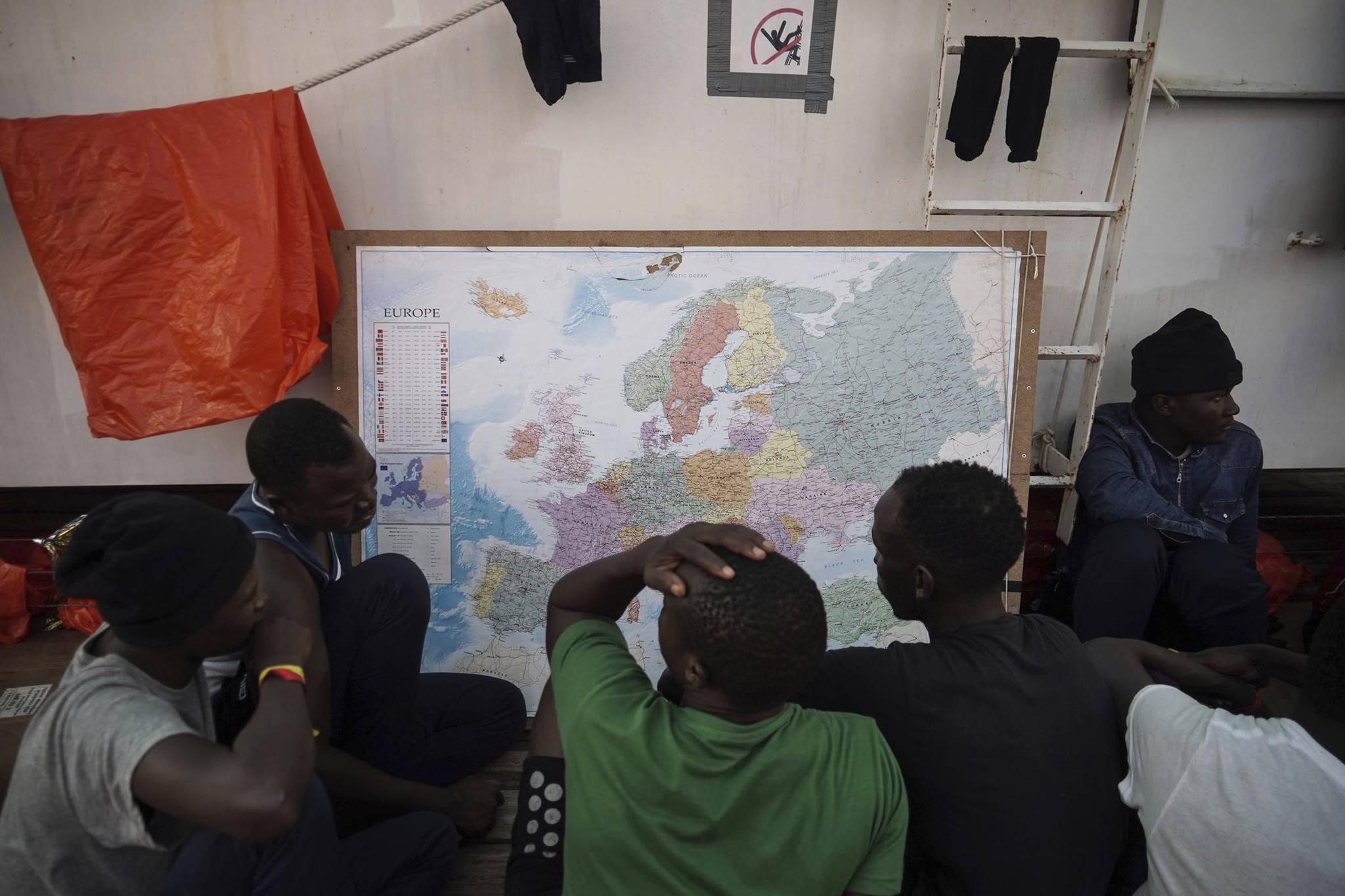Gov. Mike Dunleavy has agreed to continue allowing the resettlement of refugees in the state under a presidential executive order that gave states an option to refuse them. He called the decision a simple one.
An executive order by President Donald Trump in September said the federal government should resettle refugees only where states and local governments provide written consent to receive them.
Dunleavy, a Republican, sent a brief letter to Secretary of State Mike Pompeo last month saying he agrees to refugee resettlement in the state per the terms of the executive order. The letter was released by Dunleavy’s office Monday following a request by The Associated Press.
Dunleavy has cited concerns with illegal immigration and last year pledged support for efforts to address security at the U.S.-Mexico border.
In an interview Monday, he said the resettlement program has a longstanding history and is in line with U.S. and Alaska values.
The program, he said, is one “I think America and Alaska get behind because, once again, it’s folks that are in situations where there’s war or some type of persecution and of course, when they apply to come here, the hope is that that’s put behind them and they can get on with their lives and be part of the state, if they choose to stay, and part of the country.”
While he said the decision to continue allowing resettlement of refugees in Alaska was simple, Dunleavy noted that Trump’s executive order was appropriate because the individuals are coming to states.
Catholic Social Services Refugee Assistance and Immigration Services is the only refugee resettlement program in Alaska, said Tricia Eumont Teasley, a spokeswoman for the group. She said by email that the program resettled 47 refugees in fiscal year 2019 and helped refugee arrivals from Moldova, Ukraine and Congo. Most, she wrote, had family ties, “joining Alaskans already living and working here.”
The program expects 50 refugee arrivals in the 2020 fiscal year, she wrote. Anchorage is the only site in Alaska where the placement of those without family ties would occur, she wrote.
Refugees undergo “thorough and rigorous security screenings” before arriving in the U.S., according to the Catholic Social Services-Alaska website.
• This is an Associated Press report by Becky Bohrer.

